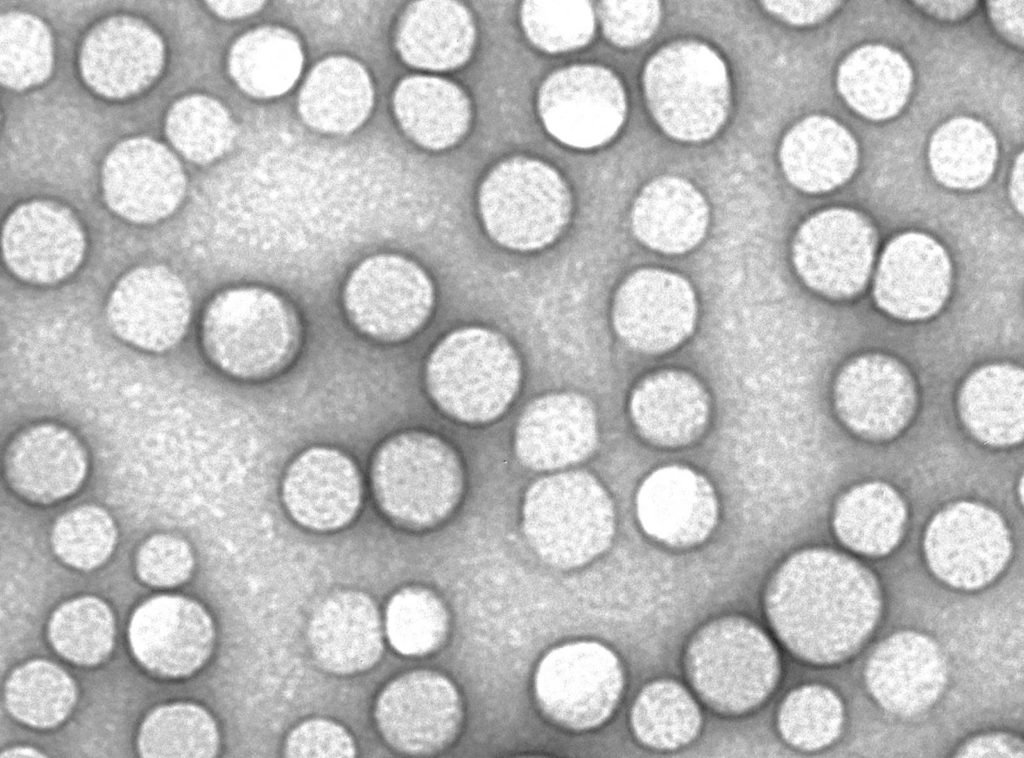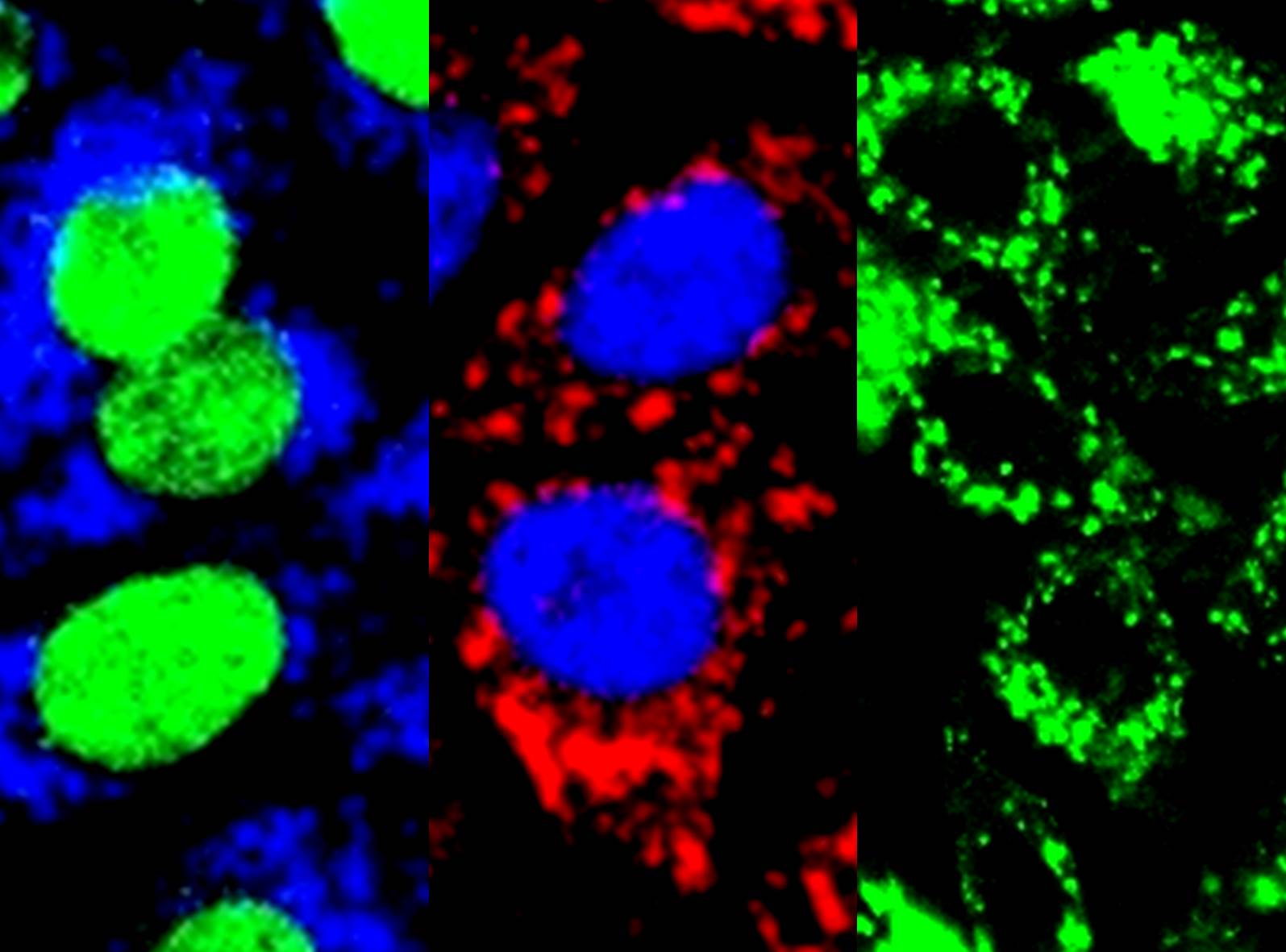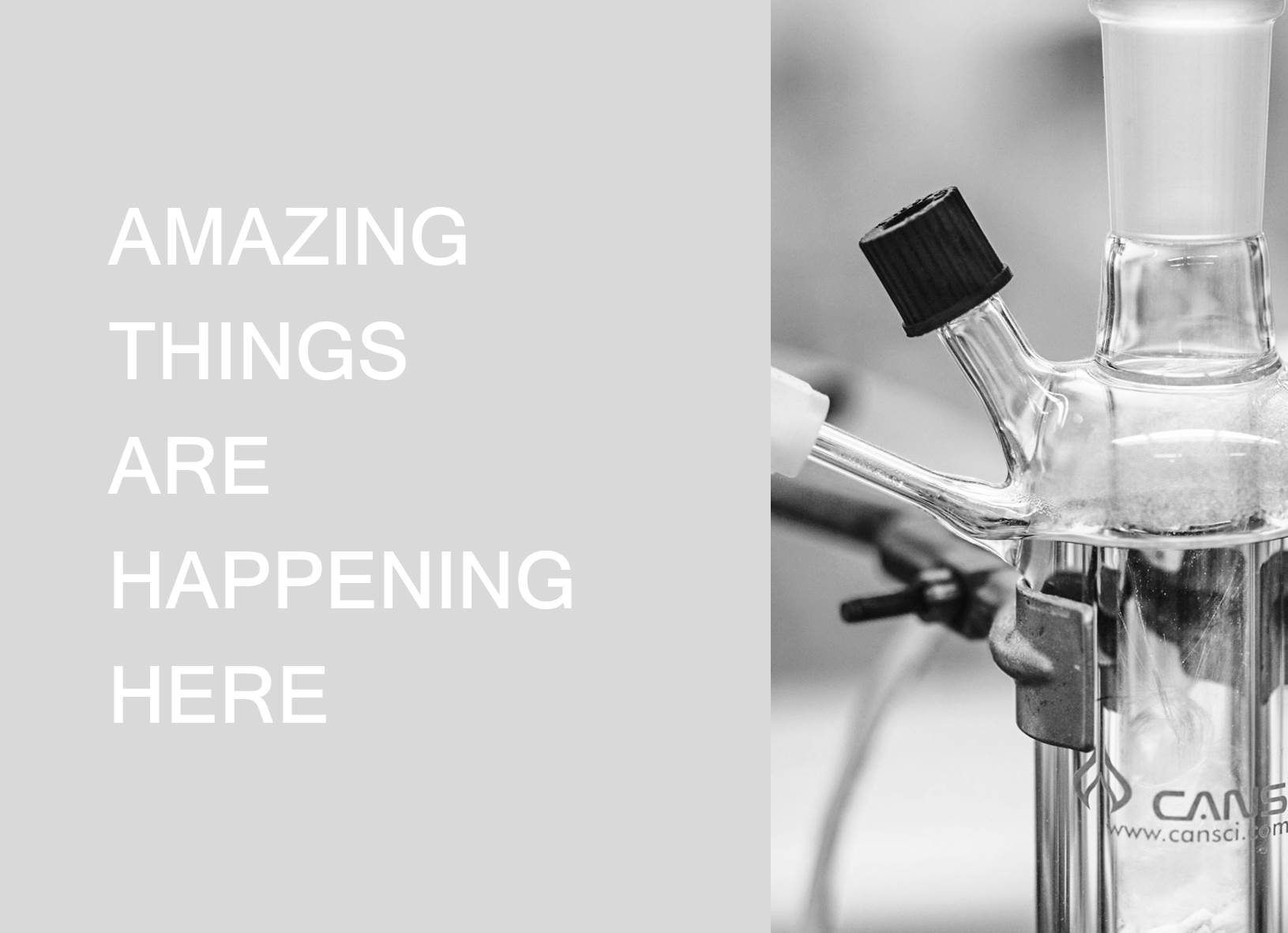Research

Lipid chemistry & Nano-bio interactions
We apply the combinatorial library synthesis strategy and self-assembly approach for the development of new LNPs for drug delivery. The chemical structure of lipids and supramolecular structure of LNPs can be altered to fine-tune the physicochemical properties of the drug delivery system. We are investigating how different cargo drug molecules with different physicochemical properties interact with LNPs carriers systems. We are also studying the interactions between the LNP drug delivery system and the biological system at the molecular, cellular, tissue, and whole-organism levels.

LNP delivery of CRISPR for genome editing
Due to its ease of use, programmability, and precision, the recently developed CRISPR/Cas9 platform has been demonstrated to be a revolutionary gene engineering technology. One ongoing challenge is how to transport structurally and functionally intact Cas9 protein and guide RNA molecules into cells efficiently and safely. We have developed combinatorial libraries of LNPs carrier systems for intracellular Cas9/gRNA delivery and subsequent genome editing. Results from our studies can shed some light on the design of effective cationic lipids for intracellular delivery of genome editing platforms, as well as optimizing the nanoparticle formulations for further disease modeling and therapeutic applications.

Antimicrobial nanotechnology
Antimicrobial resistance has long been known as a serious public health concern. The development of new antimicrobial drugs has been slow. Targeted and efficient delivery of currently available antibiotics may reduce the overuse of antibiotics which has contributed to the rise of antibiotic-resistant strains. We have developed robust and general strategies to construct nanoparticles for small- and macromolecular antimicrobials delivery.

Nanomedicine for cancer therapy
The nanoparticle-mediated anticancer drug delivery systems have shown advantages over traditional drugs on improved bioavailability and reduced side-effects, yet challenges still exist to develop highly safe and efficient intracellular anticancer delivery systems. We have developed novel stimuli-responsive nanoparticle-based delivery systems for chemotherapeutic drugs and cytotoxic proteins for cancer therapy. The delivery systems that we have developed are being tested and optimized in animal models.

New & better LNP-based nanomedicines
We are highly interested in developing new and better LNP systems that can be used for the prevention and treatment of various human diseases, such as cardiovascular diseases, neurological diseases, and metabolic disorders.
Join us and let’s explore together!